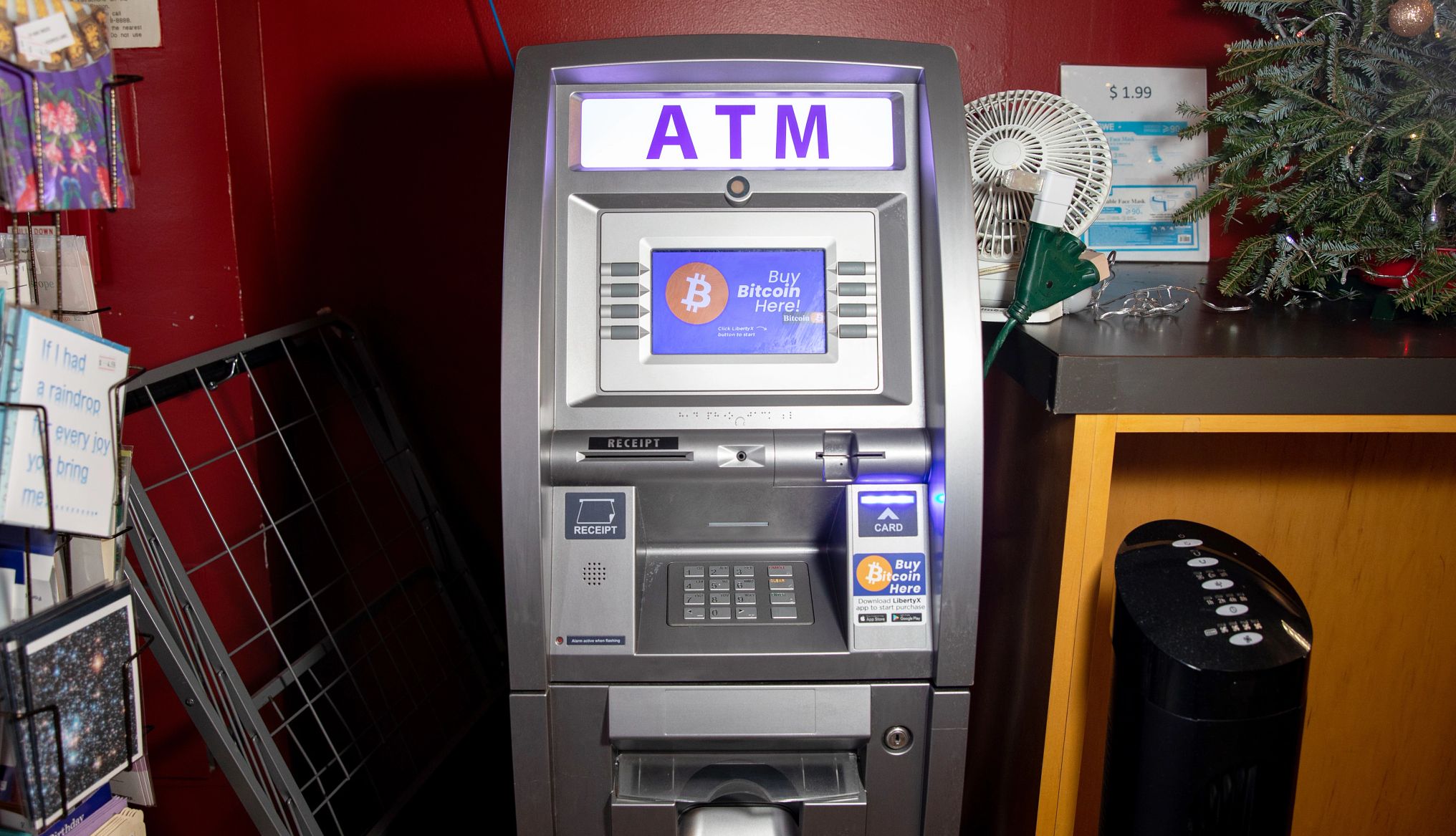AARP Hearing Center


After scammers posing as federal agents convinced Alaina Weisman that her bank accounts had been compromised, she found herself feeding more than $11,000 in hundred-dollar bills into a cryptocurrency ATM inside a cannabis dispensary a little over a year ago in Santa Fe, New Mexico.
“I remember the sound of the machine sucking up my money — whoosh, ping!” says Weisman, 77, an actor and writer.
Dispensary staffers gave her a chair, so she could sit down for the long transaction. “I was so upset I forgot about my sick dog in the car,” she says. The criminals said the money would help the government protect her bank accounts. Before she fed in the cash, the ATM flashed warnings about scams. “But I was instructed to lie,” says Weisman, who had scanned a QR code provided by the scammers into the ATM. That code sent her money directly to their cryptocurrency wallet.
It was the nightmare start of a series of schemes pulled off by the same criminals that ultimately cost Weisman $159,000.
For years, gift cards, bank transfers and payment apps were the preferred way for scammers to get victims’ money, as each has been widely accessible and the transactions mostly untraceable. But consumers, law enforcement and the businesses behind these services have caught on to this, and protections are growing. The scammers’ solution: increasingly directing their victims to pay up the way Weisman did — at a “crypto ATM.”
What are crypto ATMs?
You may have noticed these often-colorful kiosks that are popping up in supermarkets, convenience stores, gas stations, restaurants, liquor stores and even laundromats across the U.S. There are 30,000 crypto ATMs in the United States, up from only about 1,200 at the end of 2017.
Though crypto ATMs are a legitimate way to convert real dollars into cryptocurrency — and most are registered and may be used for their intended and legal purposes — they are also a favorite payment method for scammers. They’re frequently used in government impostor scams, romance scams, grandparent scams, fraudulent online sales, employment scams, lottery scams and other schemes, law enforcement officials say.





































































More From AARP
3 Ways to Help a Loved One Affected by a Scam
Ease their burden by offering compassion and assisting with financial and emotional recovery
How AARP's Fraud Watch Network Helpline Is Fighting for You
Volunteers are on duty every day to provide emotional support and practical advice to scam victims
Many Victims Struggle With Mental Health in Scams’ Aftermath
Experiencing fraud can often be both financially and emotionally devastating
Recommended for You